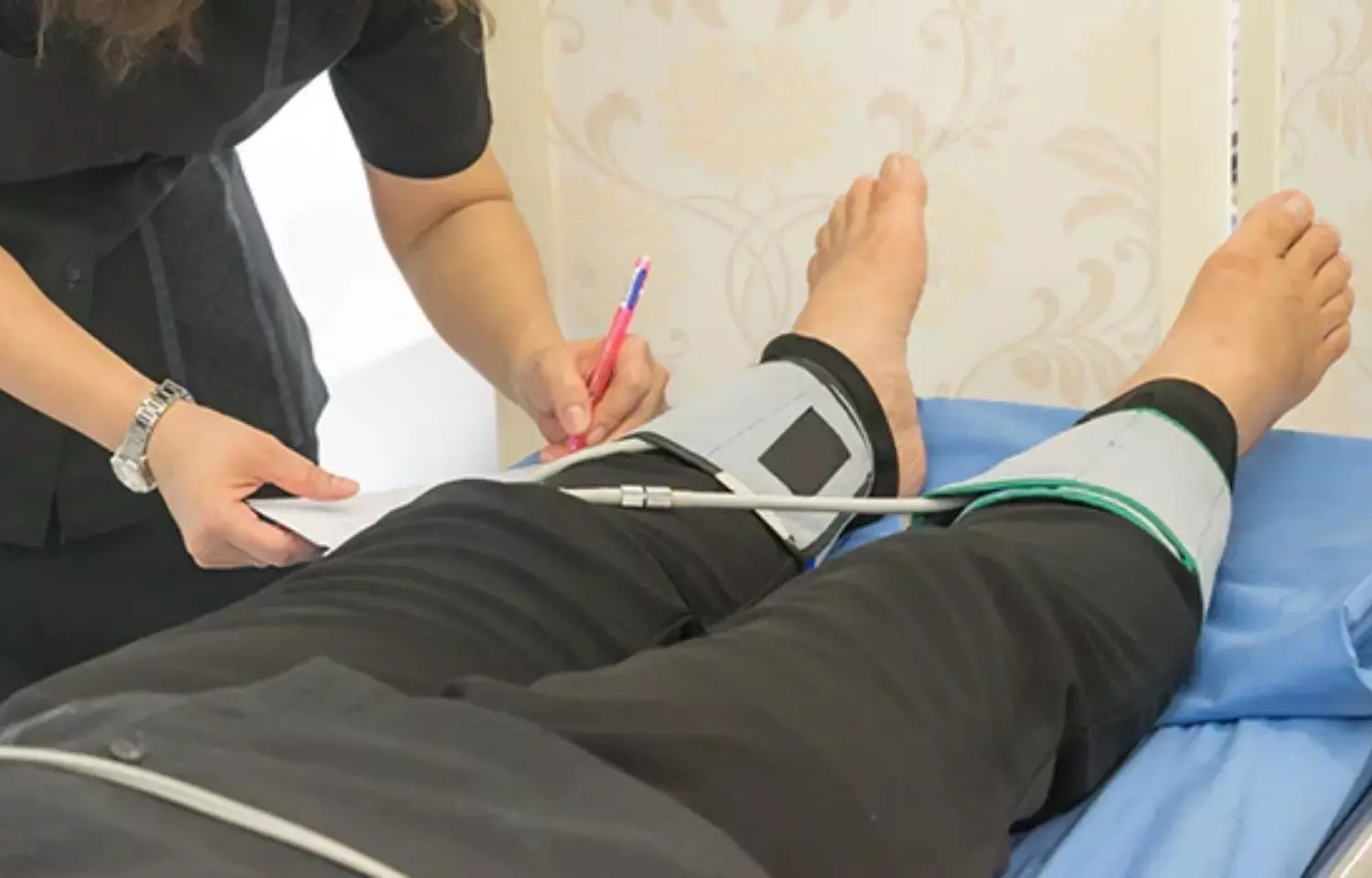- Home
- Medical news & Guidelines
- Anesthesiology
- Cardiology and CTVS
- Critical Care
- Dentistry
- Dermatology
- Diabetes and Endocrinology
- ENT
- Gastroenterology
- Medicine
- Nephrology
- Neurology
- Obstretics-Gynaecology
- Oncology
- Ophthalmology
- Orthopaedics
- Pediatrics-Neonatology
- Psychiatry
- Pulmonology
- Radiology
- Surgery
- Urology
- Laboratory Medicine
- Diet
- Nursing
- Paramedical
- Physiotherapy
- Health news
- Fact Check
- Bone Health Fact Check
- Brain Health Fact Check
- Cancer Related Fact Check
- Child Care Fact Check
- Dental and oral health fact check
- Diabetes and metabolic health fact check
- Diet and Nutrition Fact Check
- Eye and ENT Care Fact Check
- Fitness fact check
- Gut health fact check
- Heart health fact check
- Kidney health fact check
- Medical education fact check
- Men's health fact check
- Respiratory fact check
- Skin and hair care fact check
- Vaccine and Immunization fact check
- Women's health fact check
- AYUSH
- State News
- Andaman and Nicobar Islands
- Andhra Pradesh
- Arunachal Pradesh
- Assam
- Bihar
- Chandigarh
- Chattisgarh
- Dadra and Nagar Haveli
- Daman and Diu
- Delhi
- Goa
- Gujarat
- Haryana
- Himachal Pradesh
- Jammu & Kashmir
- Jharkhand
- Karnataka
- Kerala
- Ladakh
- Lakshadweep
- Madhya Pradesh
- Maharashtra
- Manipur
- Meghalaya
- Mizoram
- Nagaland
- Odisha
- Puducherry
- Punjab
- Rajasthan
- Sikkim
- Tamil Nadu
- Telangana
- Tripura
- Uttar Pradesh
- Uttrakhand
- West Bengal
- Medical Education
- Industry
Liraglutide and semaglutide reduce MACE in diabetes patients regardless of PAD status: Study

Denmark: Liraglutide and semaglutide may reduce major adverse cardiovascular events (MACE) in type 2 diabetes (T2D) patients regardless of their peripheral artery disease (PAD) status, reveals a recent study. The study appears in the journal Diabetes, Obesity and Metabolism.
Patients with PAD and type 2 diabetes are shown to be at increased risk of cardiovascular (CV) events. The analysis by Subodh Verma, St. Michael's Hospital, and the University of Toronto, Toronto, Ontario, Canada, and colleagues aimed to evaluate the CV efficacy of liraglutide and semaglutide in patients with T2D and PAD.
LEADER and SUSTAIN 6 trials looked into subcutaneous liraglutide (≤1.8 mg/day) and semaglutide (0.5 or 1.0 mg/week), respectively, versus placebo in patients with T2D and high CV risk. They were followed respectively for a median of 3.8 and 2.1 years. Composite of CV death, nonfatal myocardial infarction, or nonfatal stroke (major adverse CV event [MACE]) according to the presence of PAD at baseline was the primary outcome.
The analysis led to the following findings:
- Overall, 1184/9340 (12.7%) patients in LEADER and 460/3297 (14.0%) in SUSTAIN 6 had PAD at baseline.
- Patients with PAD were at ~35% increased risk of MACE versus those without (LEADER: hazard ratio [HR] 1.36; SUSTAIN 6: HR 1.33).
- The effect of both therapies on MACE was consistently beneficial in patients with PAD (liraglutide: HR 0.77) and without (liraglutide: HR 0.89: HR 0.77 for liraglutide and 0.49 for semaglutide).
- Absolute risk reductions for MACE were higher in patients with PAD (liraglutide: 4.13 %-point; semaglutide: 4.63 %-point) vs without (liraglutide:1.42 %-point; semaglutide: 1.90 %-point).
To conclude that the GLP-1 receptor agonists (GLP-1RAs) liraglutide and semaglutide reduce MACE with consistent CV efficacy regardless of PAD status.
Reference:
The study titled, "Cardiovascular efficacy of liraglutide and semaglutide in individuals with diabetes and peripheral artery disease," was published in the journal Diabetes, Obesity and Metabolism.
DOI: 10.1111/dom.14700
KEYWORDS: Diabetes Obesity and Metabolism, major adverse cardiovascular events, MACE, type 2 diabetes, liraglutide, semaglutide, Subodh Verma, GLP-1 receptor agonists, peripheral artery disease, cardiovascular disease, CV events, cardiovascular
Dr Kamal Kant Kohli-MBBS, DTCD- a chest specialist with more than 30 years of practice and a flair for writing clinical articles, Dr Kamal Kant Kohli joined Medical Dialogues as a Chief Editor of Medical News. Besides writing articles, as an editor, he proofreads and verifies all the medical content published on Medical Dialogues including those coming from journals, studies,medical conferences,guidelines etc. Email: drkohli@medicaldialogues.in. Contact no. 011-43720751


